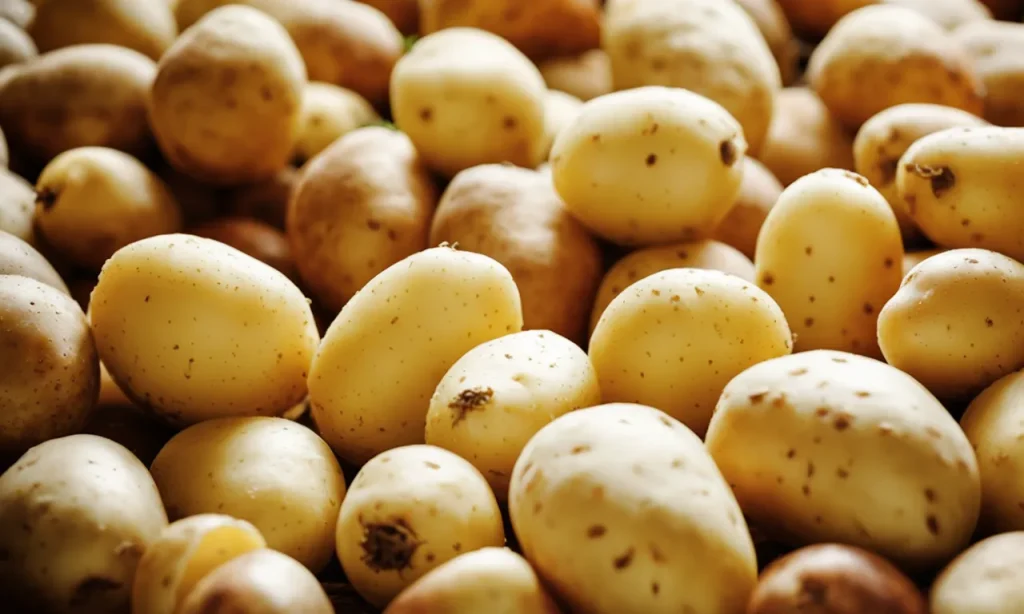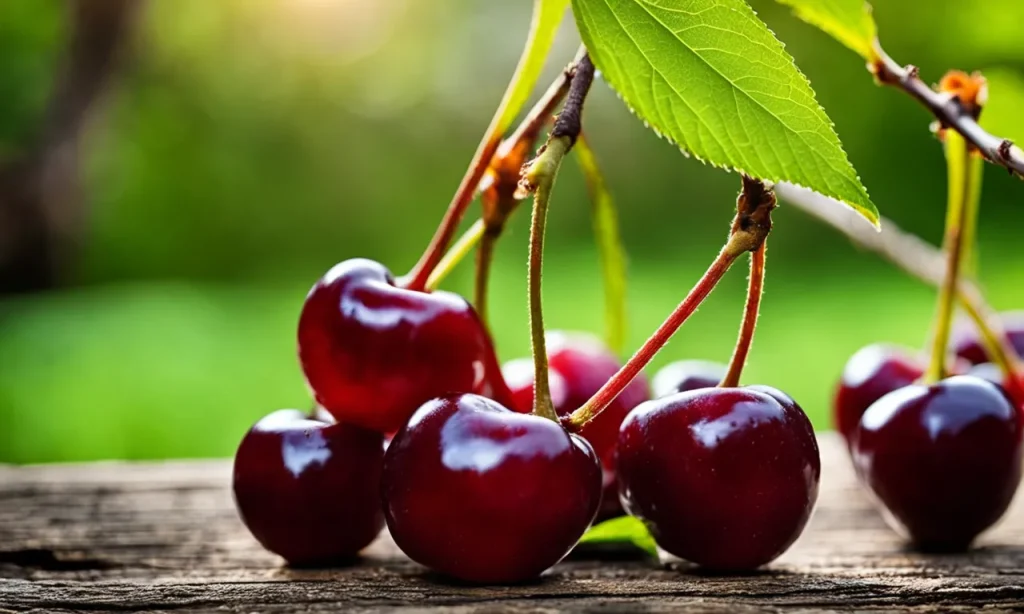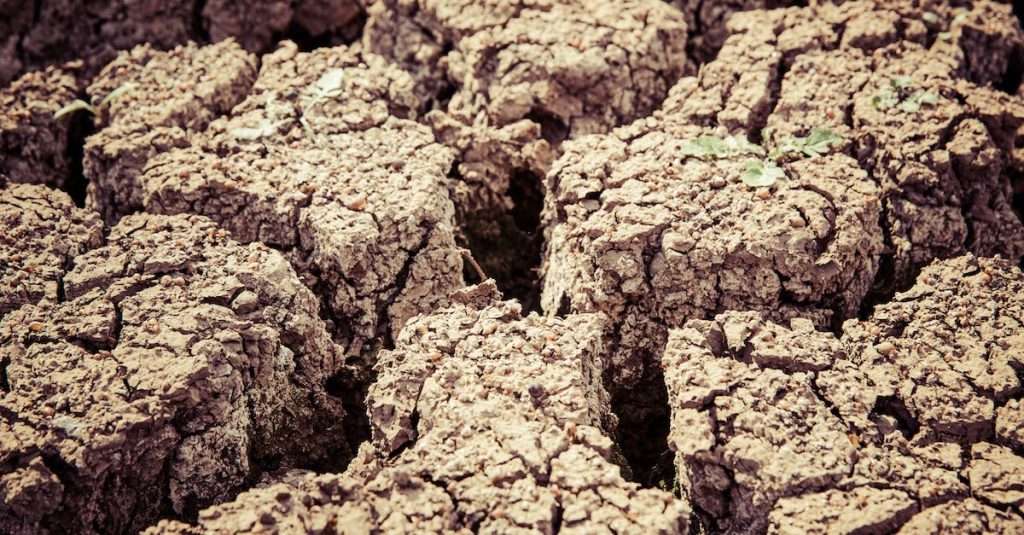What Environmental Factors Cause Autism?
Autism rates have been rising over the past few decades, leading many parents to wonder – what causes autism? While the exact causes are still being researched, scientists believe autism likely results from a combination of genetic and environmental factors. If you’re short on time, here’s a quick answer to your question: Studies suggest certain […]









